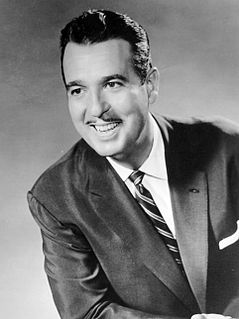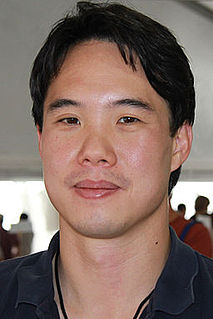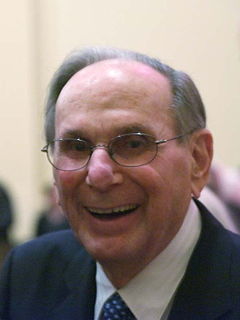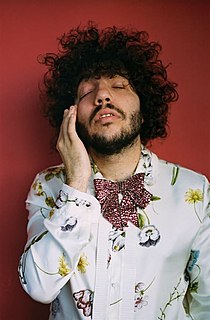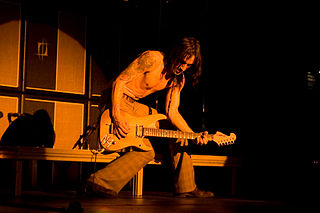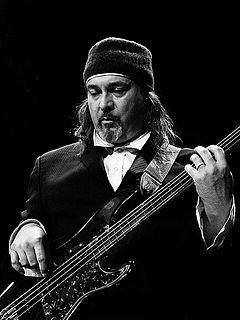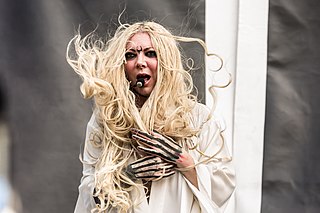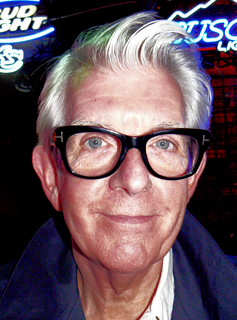A Quote by Tennessee Ernie Ford
You can keep rummaging around until you find a song you like, but you can't predict whether it'll hit or not.
Related Quotes
I think everything's experimental whether you like it or not. I think that people who do generic pop are experimenting with cliches. It's no less than I am experimenting with noise or unknown music - until you say, 'This is my song, or this is my composition' - it's all experimental, whether you like it or not.
I think that the way that I write stories is by instinct. You have some basic ideas - a character, or an image, or a situation that sounds compelling - and then you just feel your way around until you find the edges of your story. It's like going into a dark room... you stumble around until you find the walls and then inch your way to the light switch.
A couple of years ago I picked up New Yorker writer Alma Guillermoprieto's "The Heart That Bleeds," which is reportage from Latin America in the 1990s. You can predict that some books will give you a thrill, but you can't predict the books that will hit you hard. It is a little bit like falling in love.
I feel like you have to constantly keep proving yourself, and you have to constantly keep getting out there and showing them you're more than just that one song on the radio that's just playing. And that's what I had to do the first time around; I had to keep going out there and keep performing live.
